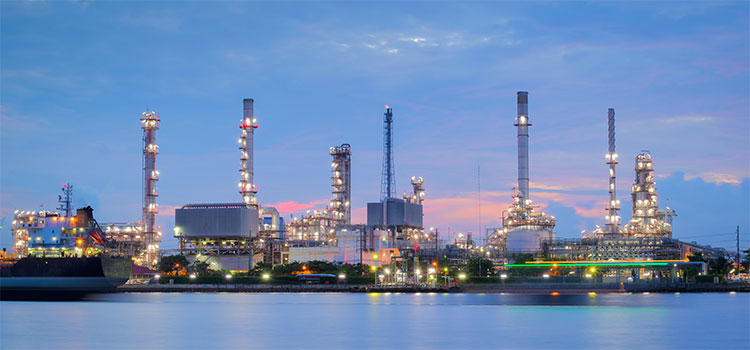Sponsored by the American Petroleum Institute
The API Energy Excellence initiative is designed to accelerate the industry’s long-standing commitment to safe production and transportation of energy and related products. API Energy Excellence establishes 13 core elements, ranging from corporate leadership and culture to proactively mitigating operational risks, that API members apply to their operations and on which they report their progress annually. Here we talk with Debra Phillips, senior vice president of API’s Global Industry Services Division, about the initiative and what it means for industry performance and sustainability.
Why was API Energy Excellence created?
Our industry has been on the cutting edge of innovating new technologies to meet the world’s energy demands, guided by API’s more than 700 best-in-class standards. API Energy Excellence establishes a new roadmap that guides companies in their pursuit of safety, health and environmental progress through systematic approaches and proven practices. API Energy Excellence elements will be applied by all API members, for a proactive, industry-wide approach consistent with the API Principles set by our Board of Directors in 2019.
How does API Energy Excellence advance industry performance?
Under API Energy Excellence, our companies will apply the 13 elements to their operations, drawing from segment-specific safety and environmental standards and approaches that are best suited to their operations. This includes the establishment of an internal system to comprehensively address operational risks, establish safe work practices, provide the requisite knowledge and training for workers to safely carry out their jobs, engage stakeholders and continuously learn and improve over time. These are proven approaches that will accelerate safety and environmental progress when applied across the industry.
How do the 13 core elements address sustainability and environmental protection?
The 13 core elements of API Energy Excellence help companies operate safely and efficiently and with a focus on prevention so that environmental risks are proactively identified, managed and mitigated. API Energy Excellence provides a systematic roadmap of standards, recommended practices and industry programs that assist companies in applying best-in-class approaches that protect the environment and lead to more sustainable operations.
API Energy Excellence is an expectation for all API members. How is API ensuring that members are implementing the program?
API Energy Excellence includes annual reporting, which is scheduled to begin in January 2022. This element of transparency and accountability is critical to achieving cross-industry progress against the initiative’s 13 elements. This also will help API identify areas in which we can offer additional resources such as new standards, good practice examples or additional programs to support members.
API’s members come in all sizes, including many small- and medium-sized companies. How does API Energy Excellence address these varied needs, including those of companies with more limited resources?
API Energy Excellence is a fit-for-purpose framework that allows companies of all sizes to implement its features. The 13 elements are intentionally scalable. So, while the program creates a unity of purpose for safety and environmental protection across industry, individual companies choose the ways in which they apply the elements to meet the performance objectives. API Energy Excellence is a first of its kind model that organizes segment-specific standards and programs under one framework so that the entire industry moves together toward advancing safety and environmental progress.
How does API Energy Excellence relate to existing API segment initiatives such as the Center for Offshore Safety (COS), The Environmental Partnership (TEP) and Process Safety Systems Assessment Program (PSSAP®)?
Existing API segment initiatives, programs and standards play a major role in achieving many of the core elements of API Energy Excellence and are leveraged accordingly. For instance, a company’s participation in TEP is one mechanism to proactively identify and mitigate emissions from operations. Refineries’ participation in PSSAP can likewise identify areas for further enhancements to internal systems to manage process safety. In short, segment programs address particular needs and come together to play an important role within the 13 elements of API Energy Excellence.
During the next 12 to 18 months, what are your goals for the initiative?
We hope to use 2021 to work with our 600 members to understand this new initiative and provide support and assistance that helps every API member implement the initiative’s 13 core elements. We hope to fulfill much of this through peer-to-peer learning and good practice sharing. We also will use the initial member reports to develop a baseline so that progress can be measured as the initiative moves into years two, three and beyond.
Debra Phillips serves as senior vice president of Global Industry Services (GIS), which is responsible for certification, standards-setting, training, publications and safety programs for onshore, offshore and refinery operations. Leading a team of more than 100 safety and engineering professionals in Beijing, Dubai, Rio de Janeiro, Houston, and Washington, D.C., Ms. Phillips oversees the natural gas and oil industry’s standards development and suite of programs that enable the industry to innovate and manufacture superior products consistently, provide critical services, ensure fairness in the marketplace for businesses and consumers alike, and promote the acceptance of world-class products and practices globally.
